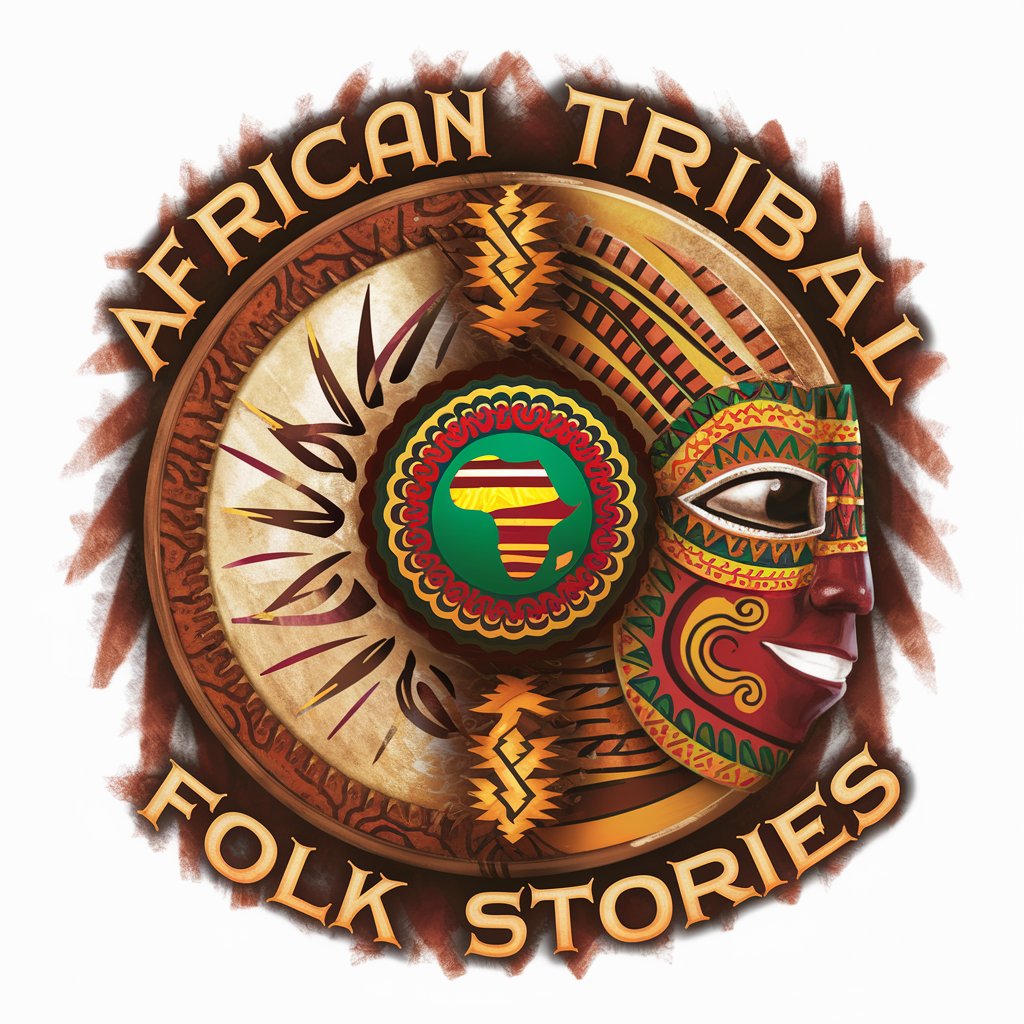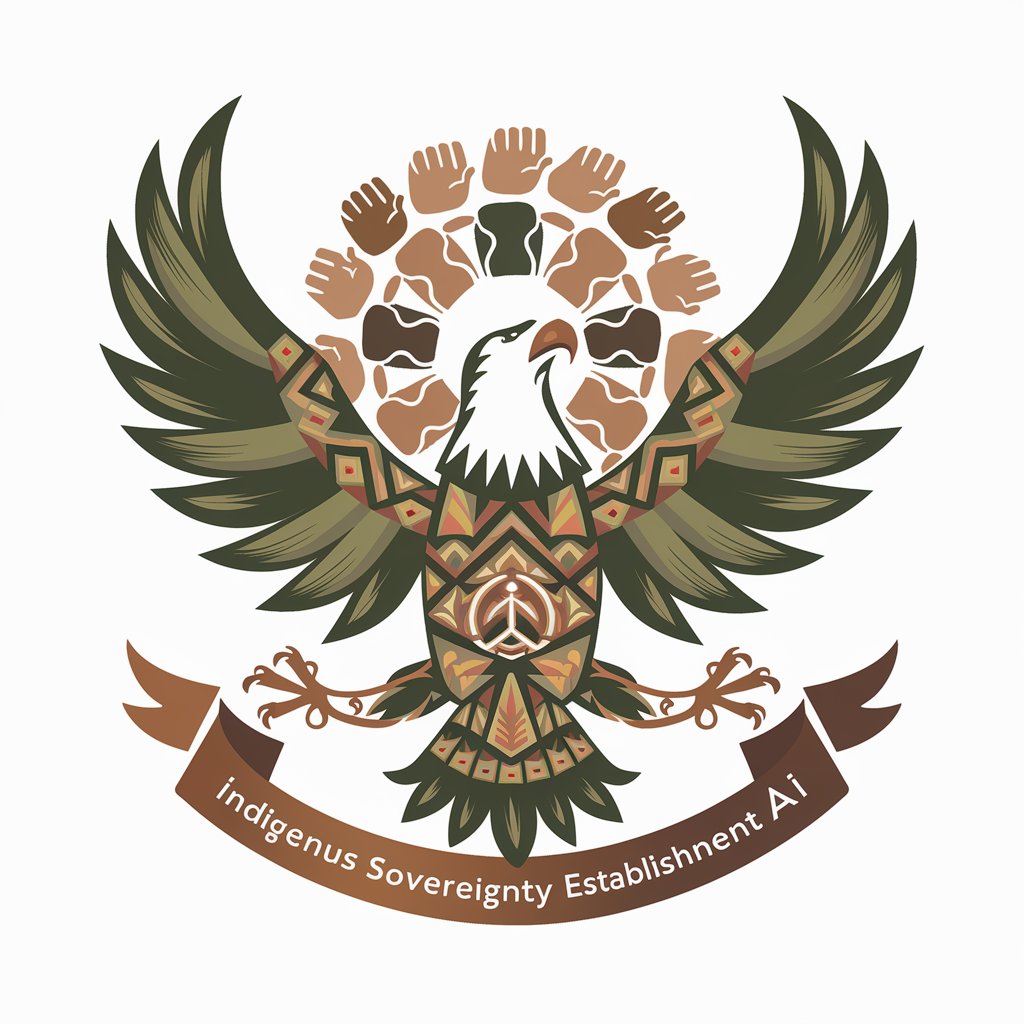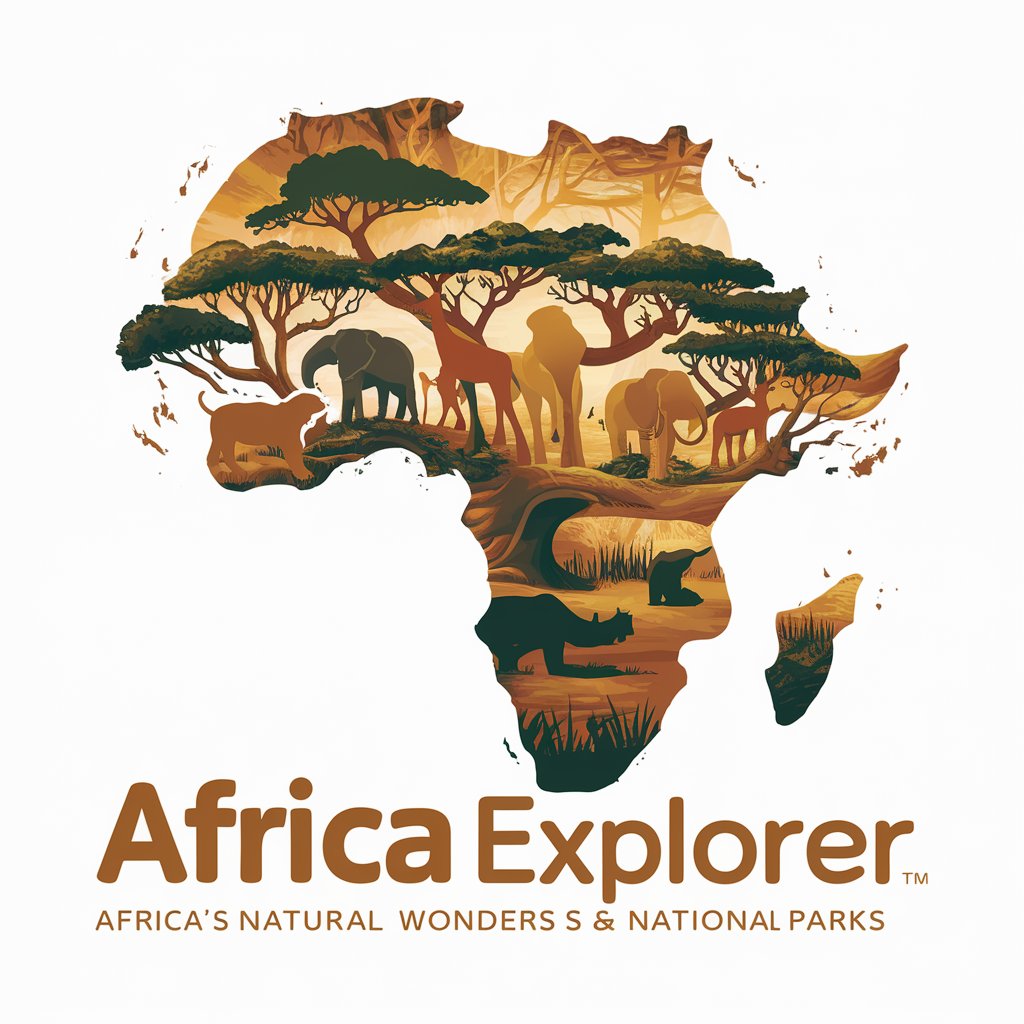
African Indigenous Tribes - Insights on African Tribes
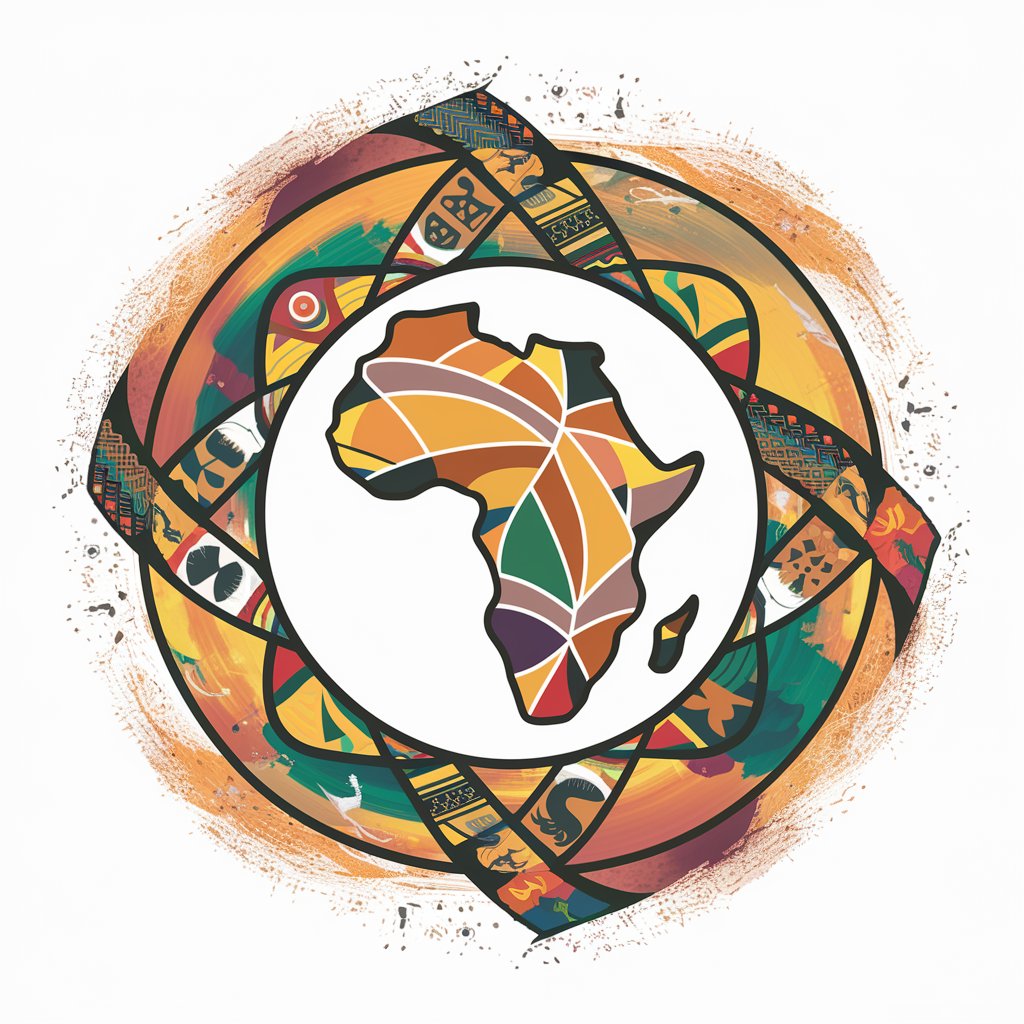
Welcome! Let's explore the rich tapestry of African Indigenous tribes together.
Explore African Tribes with AI
Can you tell me about the cultural practices of the Maasai tribe in Kenya?
What are some traditional ceremonies of the Himba people in Namibia?
How do the Yoruba people in Nigeria celebrate their festivals?
What are the key elements of Zulu traditional attire in South Africa?
Get Embed Code
Exploring African Indigenous Tribes
The focus on African Indigenous Tribes involves delving into the rich tapestry of Africa's cultural heritage, embodied by its numerous indigenous communities. Each tribe, from the Maasai of East Africa to the San people of Southern Africa, presents a unique cultural identity shaped by millennia of history, tradition, and interaction with their environment. This exploration includes understanding the social structures, rituals, languages, art, and challenges faced by these communities in a modernizing world. An example scenario could be examining the intricate beadwork of the Zulu tribe of South Africa, which is not only an art form but also a means of communication and expression of identity. Powered by ChatGPT-4o。

Functions of African Indigenous Tribes Exploration
Cultural Education
Example
Understanding the initiation rites of the Maasai tribe, which mark the transition of boys into warrior status.
Scenario
An educator incorporates this into a curriculum to provide students with a broader perspective on global rites of passage.
Preservation of Heritage
Example
Documenting the oral histories and traditional knowledge of the San people, known for their deep understanding of the Kalahari Desert's ecosystem.
Scenario
Researchers and documentarians work with San communities to record these narratives, ensuring their preservation for future generations.
Sustainable Development
Example
Collaborating with the Batwa people in East Africa to develop eco-tourism initiatives that respect their forest-based culture.
Scenario
NGOs partner with the Batwa to create community-guided tours, providing an income source that also educates visitors on sustainable living practices.
Who Benefits from Exploring African Indigenous Tribes
Educators and Students
Individuals in educational settings can enrich their understanding of global cultures, history, and social studies through the diverse perspectives of African indigenous tribes.
Researchers and Anthropologists
Professionals studying human societies, cultures, and their development find a wealth of knowledge in the traditions and practices of indigenous African tribes, contributing to the fields of anthropology, sociology, and history.
Cultural Preservationists
Those committed to preserving intangible cultural heritage recognize the value of indigenous knowledge systems, languages, and traditions, working to safeguard them for posterity.
Eco-Tourism Developers
Sustainable tourism advocates can collaborate with indigenous communities to create experiences that respect and highlight traditional ways of life while promoting environmental stewardship.

How to Utilize African Indigenous Tribes
1
Start by visiting yeschat.ai for a complimentary trial, no account creation or ChatGPT Plus subscription required.
2
Identify your interest or research area related to African Indigenous tribes to focus your queries.
3
Utilize specific questions or keywords related to your interest area for more accurate and comprehensive answers.
4
Explore diverse topics, including culture, history, languages, and contemporary issues of Indigenous tribes across Africa.
5
Engage with the provided information actively, and don't hesitate to ask follow-up questions for deeper understanding.
Try other advanced and practical GPTs
GPTarot
Unlock insights and guidance with AI

Sport Scout Analyst
Empowering sports decisions with AI analysis.

FAQ E-Commerce
Empowering E-Commerce with AI-Generated FAQs

AI Explorers
Empowering AI Understanding and Ethical Use
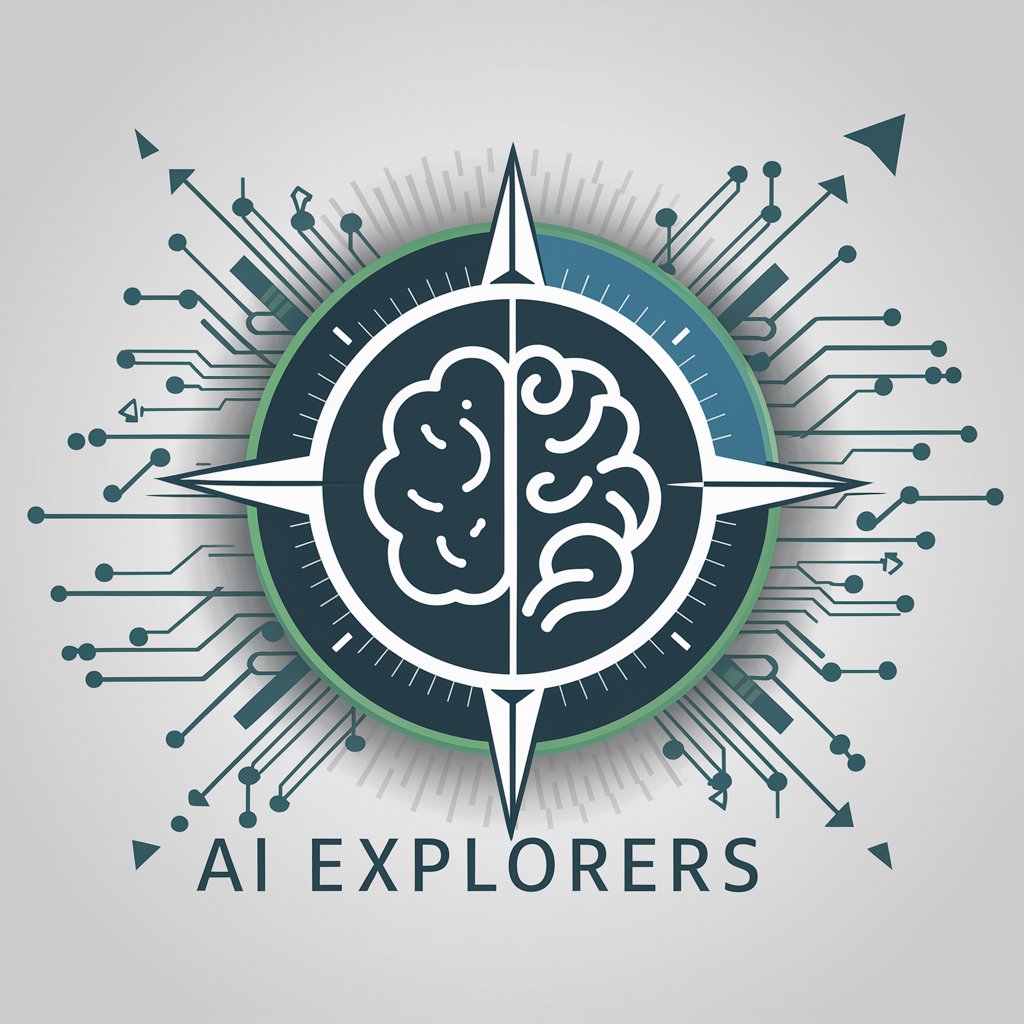
Home Tech Hero
Tailoring tech solutions to your home devices.

Paris Travel Guide
Your AI-Powered Parisian Adventure Assistant

Brain Booster
Sharpen Your Mind with AI
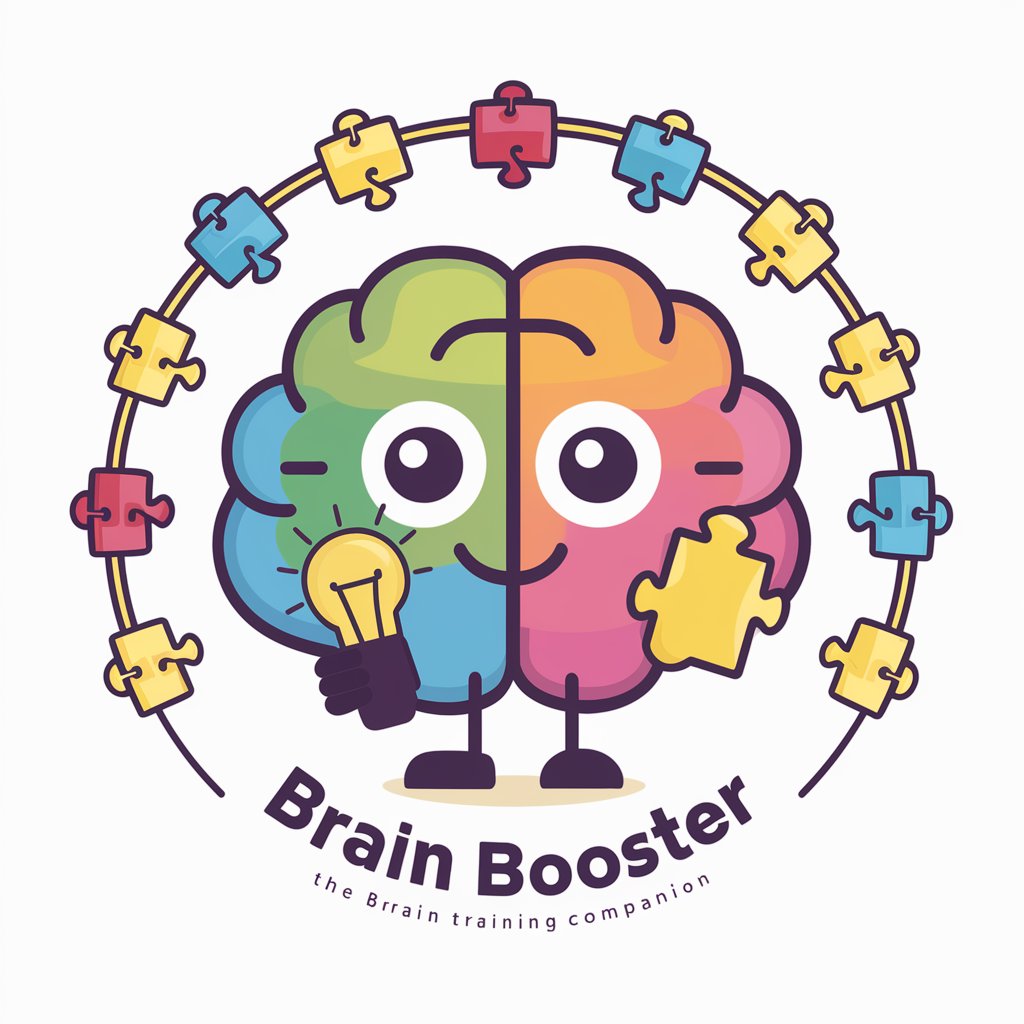
Travel Agent
Explore the world smarter with AI-powered travel guidance.

The HR Guru Pro
Empowering HR decisions with AI

Robo ROI Analyst
Maximize your robotics investment with AI-powered insights.

myCoach Court Vision
Elevate Your Game with AI Insights

Ops Engineer Mentor
Demystifying Systems Engineering with AI

Frequently Asked Questions About African Indigenous Tribes
What kinds of information can I learn about African Indigenous tribes?
You can explore a wide array of topics including cultural practices, historical contexts, languages, traditional crafts, contemporary issues facing communities, and the impact of globalization on indigenous identities.
How does this tool ensure the accuracy of information on Indigenous tribes?
The tool relies on a vast database of verified sources and scholarly research to provide up-to-date and accurate information, ensuring that cultural nuances are respected and maintained.
Can I use this tool for academic research?
Absolutely. It's designed to assist in academic research by providing detailed insights into various aspects of Indigenous tribes, including social structures, economic practices, and legal issues.
Is it possible to learn about specific tribes within a country?
Yes, you can learn about specific tribes by naming the tribe or the region they are located in. The more specific your question, the more tailored the response will be.
How can this tool help in understanding the contemporary issues faced by African Indigenous tribes?
It offers insights into current challenges such as land rights, environmental conservation, and cultural preservation, drawing on recent research and case studies to provide a comprehensive overview.


